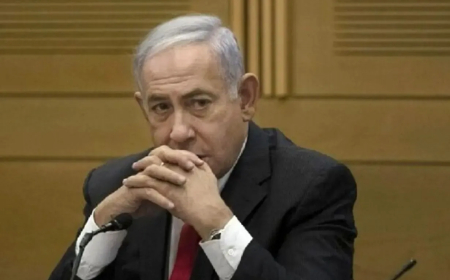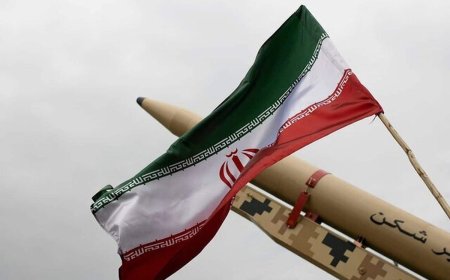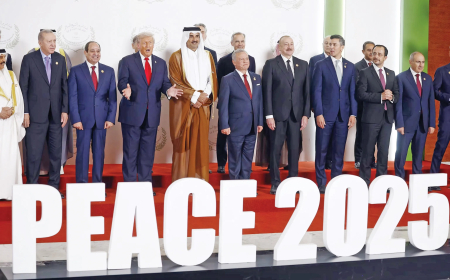Netanyahu and West Bank Annexation: Challenges and Reactions
In a controversial move, the Israeli regime’s parliament has approved a bill for the formal annexation of the West Bank. This decision, made during the visit of U.S. officials, has sparked significant domestic and international reactions, raising questions about the future of the region.

The Israeli Knesset held a session late last week, where it passed a bill for the formal annexation of the West Bank with a vote of 25 in favor and 24 against. This vote coincided with the visit of U.S. Vice President J.D. Vance to Tel Aviv and has generated a wave of reactions.
Benjamin Netanyahu’s office condemned the Knesset’s vote as a deliberate political provocation by opponents during Vance’s visit. Meanwhile, former President Donald Trump warned that he would withdraw support for Israel if it pursued annexation.
Analysts view this vote as a coordinated step by the far-right factions within Israeli politics to solidify Israel’s occupation. The “Religious Zionism” party led by Bezalel Smotrich and the “Jewish Power” party led by Itamar Ben-Gvir have long aimed for the complete annexation of parts of the West Bank as a strategic goal.
The West Bank, with its rich resources and strategic importance, has undergone significant historical transformations. It was occupied by Israel in 1967 and has since been divided into three areas: A, B, and C, according to various agreements.
In response to the bill’s approval, Hamas dismissed it as illegal, asserting that the West Bank, Jerusalem, and Gaza constitute a single geographical unit, and any changes to this reality are void. Various countries, including Qatar, Jordan, and Saudi Arabia, have condemned the action as a violation of international law and a challenge to the historical rights of the Palestinian people.
Possible scenarios for the West Bank annexation include partial, complete, or gradual annexation. Each of these scenarios carries specific political and security implications that could exacerbate tensions in the region.
Analysts believe that U.S. opposition to the annexation plan is aimed at preserving the existing order in the Middle East and preventing an escalation of violence. However, the passage of this bill clearly indicates that the two-state solution is approaching its demise, raising significant international concerns.


















